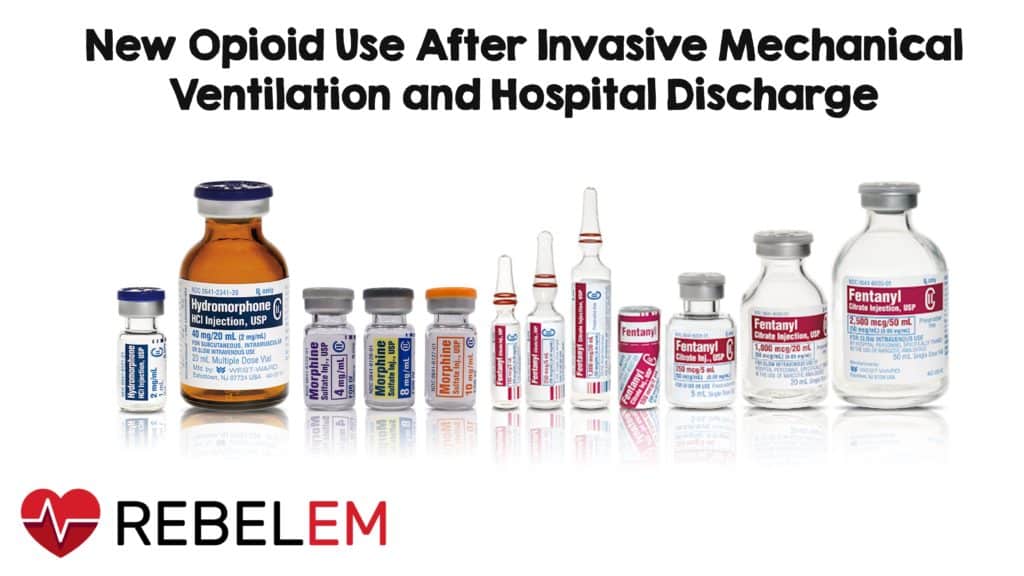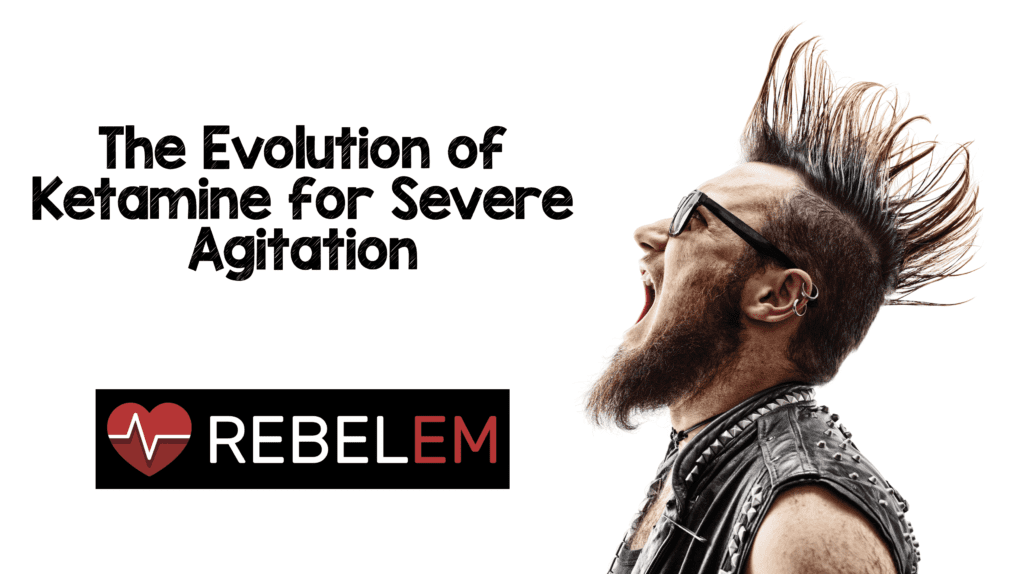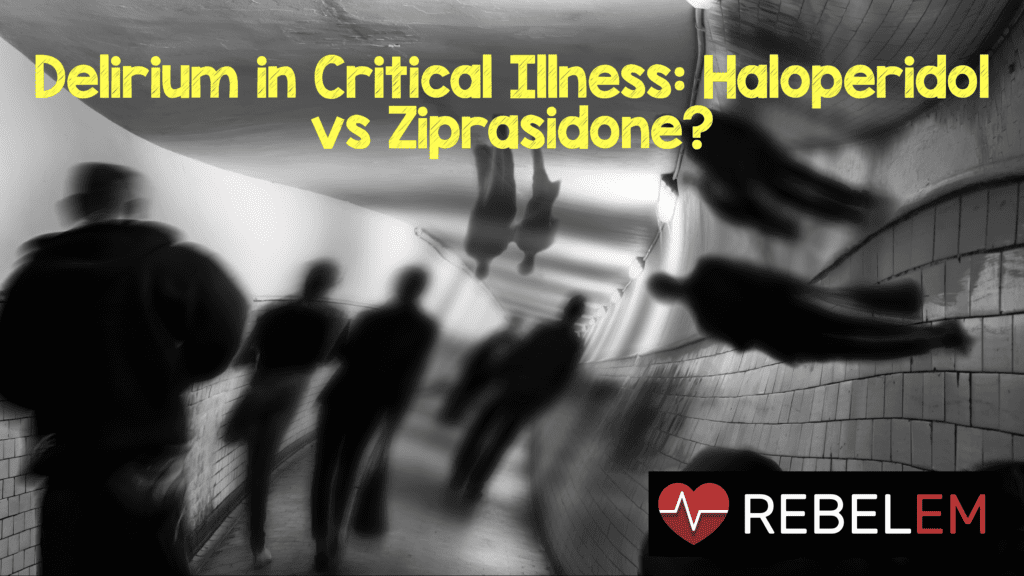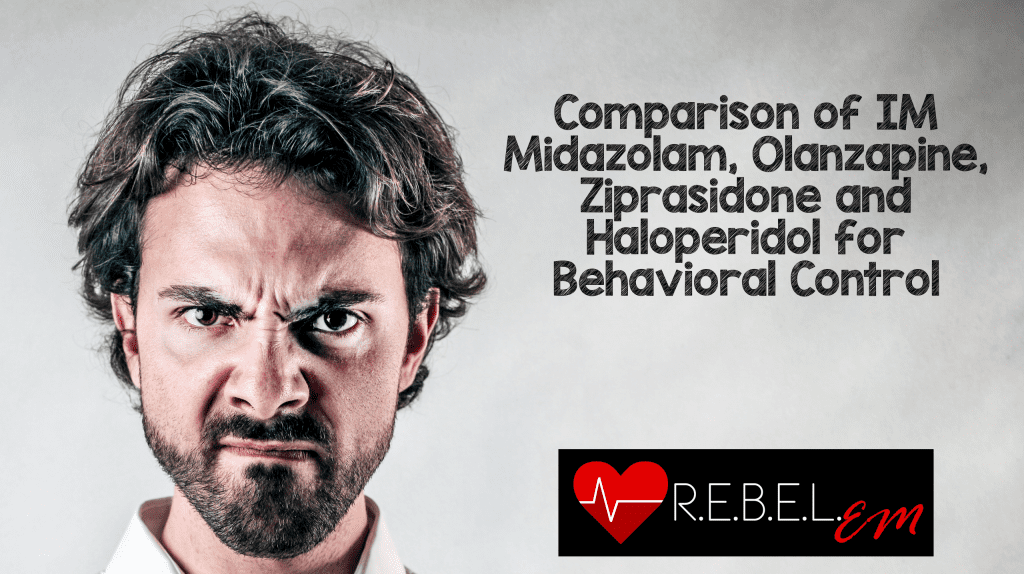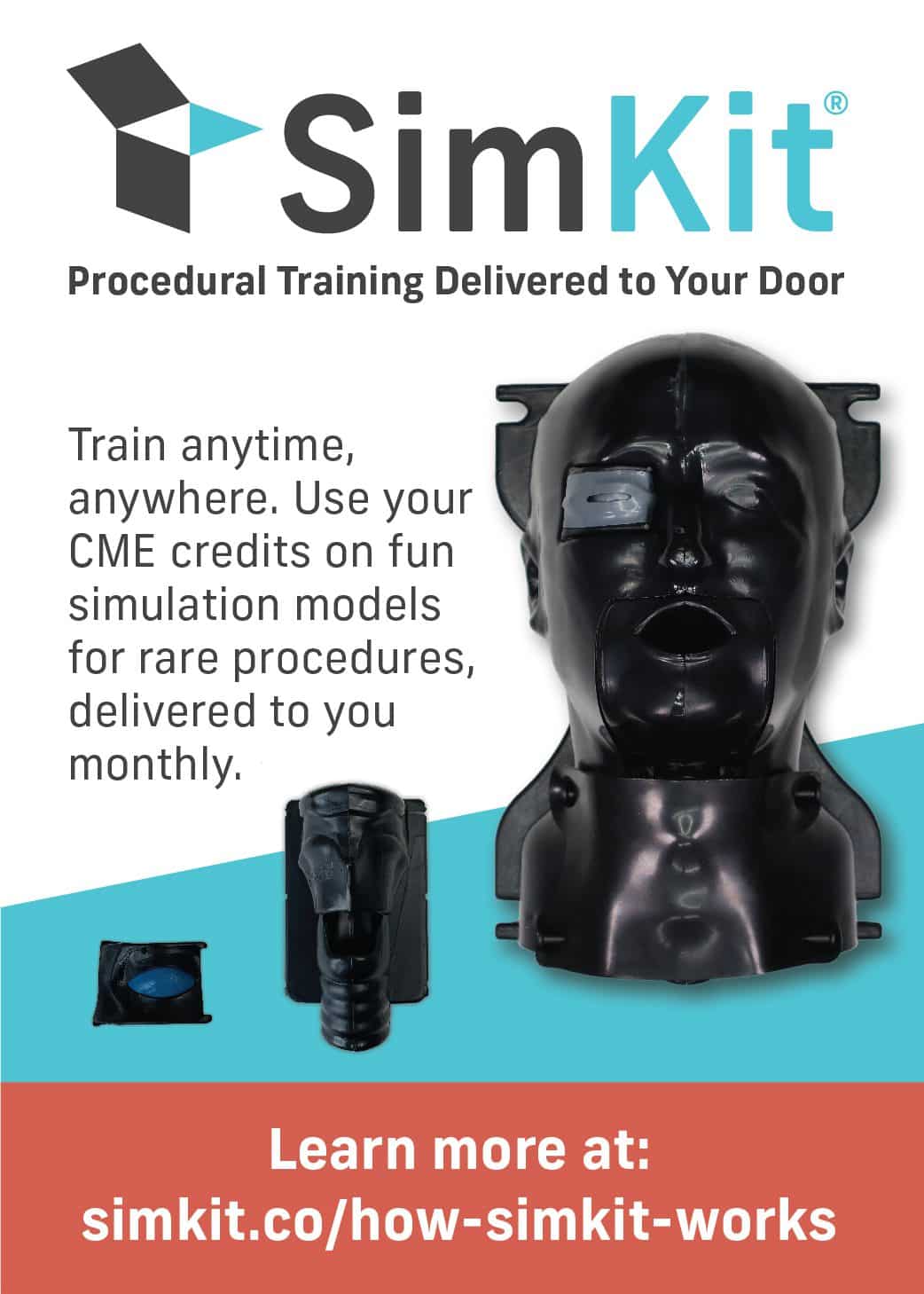Droperidol Reigns Supreme
Background: Emergency Medicine clinicians must be adept in the management of the agitated patient. While verbal de-escalation techniques should be attempted, they are often inadequate. The next option after attempts at verbal de-escalation is chemical restraint with medications to help …


